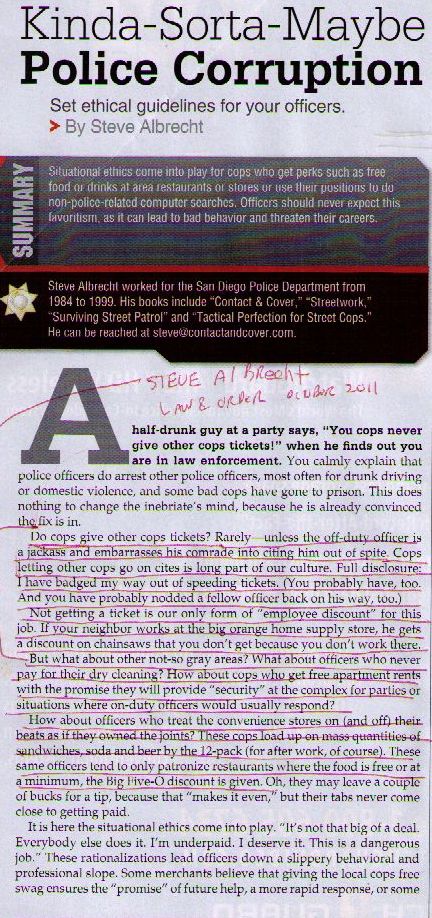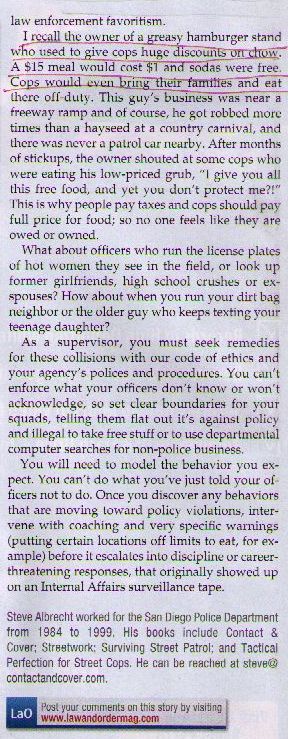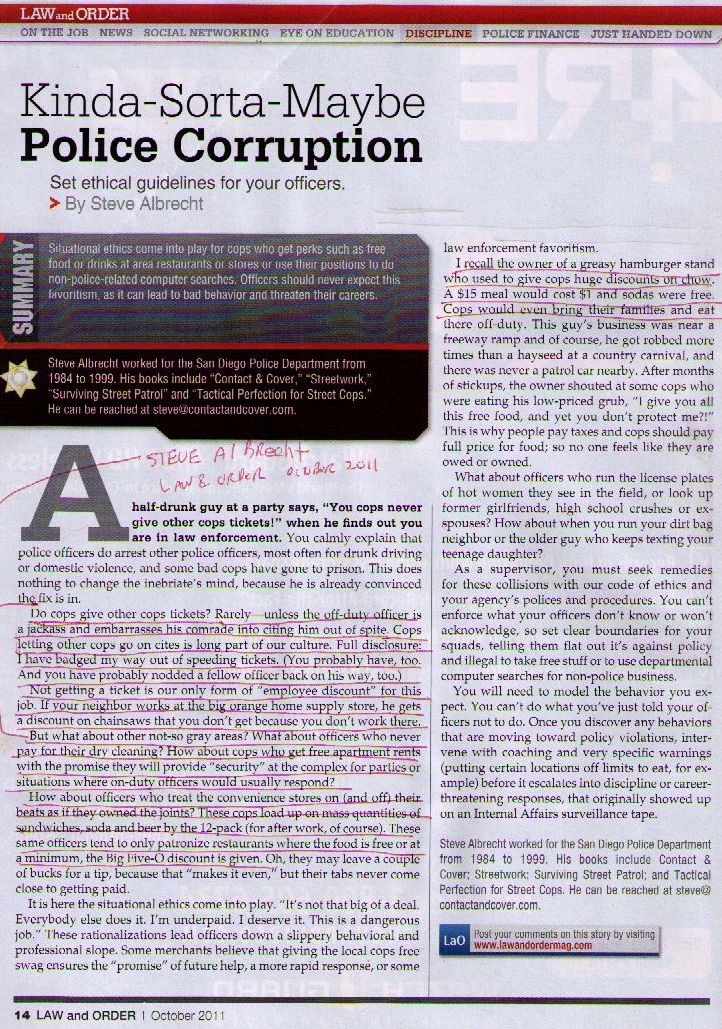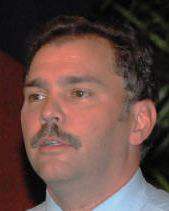| About Us | Contact Us | Calendar | Publish | RSS |
|---|
|
Features • latest news • best of news • syndication • commentary Feature Categories IMC Network:
Original Citieswww.indymedia.org africa: ambazonia canarias estrecho / madiaq kenya nigeria south africa canada: hamilton london, ontario maritimes montreal ontario ottawa quebec thunder bay vancouver victoria windsor winnipeg east asia: burma jakarta japan korea manila qc europe: abruzzo alacant andorra antwerpen armenia athens austria barcelona belarus belgium belgrade bristol brussels bulgaria calabria croatia cyprus emilia-romagna estrecho / madiaq euskal herria galiza germany grenoble hungary ireland istanbul italy la plana liege liguria lille linksunten lombardia london madrid malta marseille nantes napoli netherlands nice northern england norway oost-vlaanderen paris/Île-de-france patras piemonte poland portugal roma romania russia saint-petersburg scotland sverige switzerland thessaloniki torun toscana toulouse ukraine united kingdom valencia latin america: argentina bolivia chiapas chile chile sur cmi brasil colombia ecuador mexico peru puerto rico qollasuyu rosario santiago tijuana uruguay valparaiso venezuela venezuela oceania: adelaide aotearoa brisbane burma darwin jakarta manila melbourne perth qc sydney south asia: india mumbai united states: arizona arkansas asheville atlanta austin baltimore big muddy binghamton boston buffalo charlottesville chicago cleveland colorado columbus dc hawaii houston hudson mohawk kansas city la madison maine miami michigan milwaukee minneapolis/st. paul new hampshire new jersey new mexico new orleans north carolina north texas nyc oklahoma philadelphia pittsburgh portland richmond rochester rogue valley saint louis san diego san francisco san francisco bay area santa barbara santa cruz, ca sarasota seattle tampa bay tennessee urbana-champaign vermont western mass worcester west asia: armenia beirut israel palestine process: fbi/legal updates mailing lists process & imc docs tech volunteer projects: print radio satellite tv video regions: oceania united states topics: biotechSurviving Citieswww.indymedia.org africa: canada: quebec east asia: japan europe: athens barcelona belgium bristol brussels cyprus germany grenoble ireland istanbul lille linksunten nantes netherlands norway portugal united kingdom latin america: argentina cmi brasil rosario oceania: aotearoa united states: austin big muddy binghamton boston chicago columbus la michigan nyc portland rochester saint louis san diego san francisco bay area santa cruz, ca tennessee urbana-champaign worcester west asia: palestine process: fbi/legal updates process & imc docs projects: radio satellite tv |
printable version
- js reader version
- view hidden posts
- tags and related articles
View article without comments Kinda, Sort of Maybe Police Corruptionby Steve Albrecht, San Diego Police Department Thursday, Oct. 27, 2011 at 12:44 PMCops don't give each other tickets because they consider being able to break the law kind of an employee discount. Cops don't give each other tickets because they consider being able to break the law kind of an employee discount.
Source - Law and Order Magazine, October 2011,
http://www.hendonpub.com/publications/lawandorder/
Report this post as:
Dr. Steve Albrecht, PHR, CPPby Dr. Steve Albrecht, PHR, CPP Thursday, Oct. 27, 2011 at 1:03 PMdrsteve@drstevealbrecht.com 619-990-2685
Report this post as:
Cops don't write cops ticketsby Dr. Steve Albrecht - ex San Diego Cop Thursday, Oct. 27, 2011 at 2:29 PMsteve@contactandcover.com 619-990-2685 Do cops give other cops tickets? Rarely – unless the off-duty officer is a jackass and embarrasses his comrade into citing him out of spite. Cops letting other cops go on cites is long part of our culture. Full disclosure: I have badged my way out of speeding tickets. (You probably have, too. And you probably have nodded a fellow officer back on his way, too.)
Not getting a ticket is our only form of “employee discount” for this job. If your neighbor works at the big orange supply store, he gets a discount on chainsaws that you don’ get because you don’t work there. But what about the other not-so grey areas? What about officers who never pay for their dry cleaning? How about cops who get free apartment rents with the promise they will provide “security” at the complex for parties or situations where on-duty officers would usually respond? How about the officers who treat the convenience stores on (and off) their beats as if they owned the joints? Those cops load up on mass quantities of sandwiches, soda and beer by the 12-pack (for after work, of course). These same officers tend to only patronize restaurants where the food is free or at a minimum, the Big Five-O discount is given. Dr. Steve Albrecht, PHR, CPP 619-990-2685 drsteve@drstevealbrecht.com steve@contactandcover.com
Report this post as:
NY cops feel the same way about traffic ticketsby Patrick Lynch Sunday, Oct. 30, 2011 at 11:59 AMPigs hate criminals, or at least they pretend to hate criminals.
If pigs really hated criminals they would be demanding their fellow crooked pigs be jailed, instead of supporting them. Patrick Lynch, president of the NYPD union, said ticket fixing was sanctioned at the highest levels of the department ... taking care of your family, taking care of your friends is not a crime" Prosecutors take on powerful NYC police union By Tom Hays And Colleen Long, Associated Press NEW YORK — Prosecutors took a shot at the nation's largest and arguably most powerful law enforcement union Friday, slapping criminal charges on 13 members after a lengthy probe into the longtime but under-the-table practice of making parking tickets disappear for friends and family. The charges against the New York Police Department officers, two sergeants and a lieutenant were announced just three days after the embarrassing arrests of five police officers in a separate gun-running sting. On Friday, hundreds of members of the Patrolmen's Benevolent Association came to support the officers, some in suits, others in dressed in jeans and sweatshirts, clogging the street near the Bronx courthouse, filling the hallways near the arraignment room and applauding in court after the officers left. Patrick Lynch, president of the union, which has nearly 23,000 members, said ticket fixing was sanctioned at the highest levels of the department, and he vowed that when the dust settled, they'd prove it. "Taking care of your family, taking care of your friends is not a crime," he said. "To take a courtesy and turn it into a crime is wrong." The officers pleaded not guilty to charges including misconduct, grand larceny and obstructing governmental administration. The case was touched off when authorities investigating a potentially crooked cop overheard talk of fixing tickets. Earlier this week, federal prosecutors in Manhattan brought conspiracy and other charges against five current and three former officers alleging they were part of a gun-running ring. In two other recent unrelated federal cases, one officer was charged with arresting a black man without cause and using a racial slur to describe the suspect, and another with using a law enforcement database to try to trump up charges against an innocent man. "It's not the best time for the department," said longtime police historian Thomas Reppetto. "Does it rise to the level of the great scandals that have occurred in the past? No. Ticket fixing is not on the same level as drug dealing." [Is that so? OK, when is it OK for a cop to commit a crime?] Still, he said, it was wrong and union officials shouldn't be trying to pretend it's OK. Bronx residents had similar reactions as many stopped to watch the commotion outside courtroom, with some calling the officers crooks. "It's a double standard. If a cop doesn't have to pay a ticket, then why do I?" said resident Terril Strod. Among those charged were Jennara Cobb, an internal affairs bureau lieutenant who pleaded not guilty to charges she leaked information to union officials about the probe. As a result of her meeting, word spread through the union and members started to alter the way they fixed tickets, prosecutor Jonathan Ortiz said. "The investigation was significantly compromised because of her actions," he said. Her attorney, Philip Karasyk, said she denied the allegations and had been unfairly singled out. She was released on bail. [All the other cops take bribes, why should I be punished?] "That wiretap was leaking like a sieve," he said. The majority of those arrested were delegates and union members. Among those charged were union officials Joseph Anthony, 46; Michael Hernandez, 35; and Brian McGuckin, 44. They are police officers but work full time for the union. The others were members: Officer Virgilio Bencosme, 33, and Officer Luis R. Rodriguez, 43, both of the 40th Precinct; Officer Jaime Payan, 37, of the 46th Precinct; Officer Eugene P. O'Reilly, 39, of the 45th Precinct; Officer Christopher Manzi, 41, of the 41st Precinct; and Jason Cenizal, 39 of the 42nd Precinct. "This has been laid on the shoulders of police officers, but when the dust settles and we have our day in court, it will be clear that this is part of the NYPD at all levels," Lynch said. The charges evolved from a 2009 internal affairs probe of Jose Ramos, a 40th Precinct officer who also owned a barber shop and was suspected of allowing a friend to deal drugs out of it. Prosecutors said he transported drugs in uniform. "He sold his shield, he violated his oath," Assistant District Attorney Omer Wiceyk said. Wiceyk said Ramos was recorded as saying he "stopped caring about the law a long time ago." Ramos pleaded not guilty to drug and other charges. His attorney, John Sandleitner, said the charges were ridiculous. His client was held on $500,000 bail. Cobb posted bail and the others were released. The conversation overheard on the Ramos wiretap led to more recordings that produced evidence of additional officers having similar conversations. Ramos' supervisor, Jacob G. Solorzano, 41, was charged with misconduct. Sgt. Marc Manara, 39, Officer Ruben Peralta, 45, Officer Jeffrey Regan, 37 and Officer Christopher Scott, 41, all of the 48th Precinct, were charged with covering up an assault for an acquaintance. Some of the charges also overlap to include ticket fixing. Five civilians were charged, including Ramos' wife. Aside from those officers charged criminally, dozens more could face internal charges. In one disciplinary case already decided earlier this year, a former union financial secretary in the Bronx admitted administrative misconduct charges and was docked 40 days of vacation and suspended for five days. There are generally three ways the citations are fixed: They are voided by a ranking official, a copy is ripped up before it reaches court or the officer doesn't appear on the day of the summons. Last fall, the department installed a new computer system that tracks tickets and makes it much more difficult to tamper with the paper trail. Commissioner Kelly also created a new unit to sit in on traffic court testimony and comb through paperwork to ensure none of the methods is being wrongly employed. The last serious corruption scandal for the NYPD was the so-called "Dirty 30" case from the early 1990s. More than 33 officers from Harlem's 30th Precinct were implicated in the probe, with most pleading guilty to charges including stealing cash from drug dealers, taking bribes, beating suspects and lying under oath to cover their tracks. content.usatoday.net/dist/custom/gci/InsidePage.aspx?cId=...
Report this post as:
|






